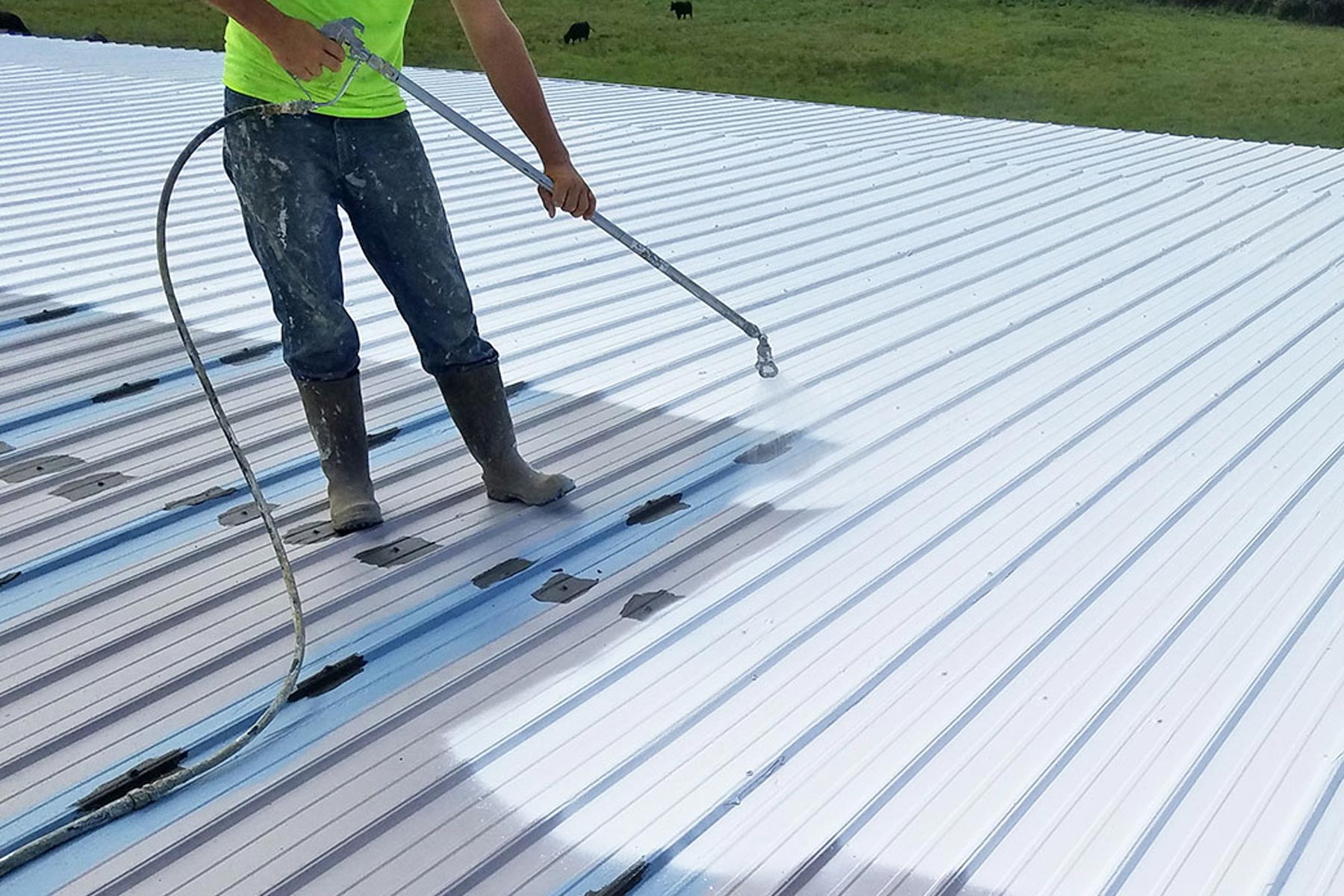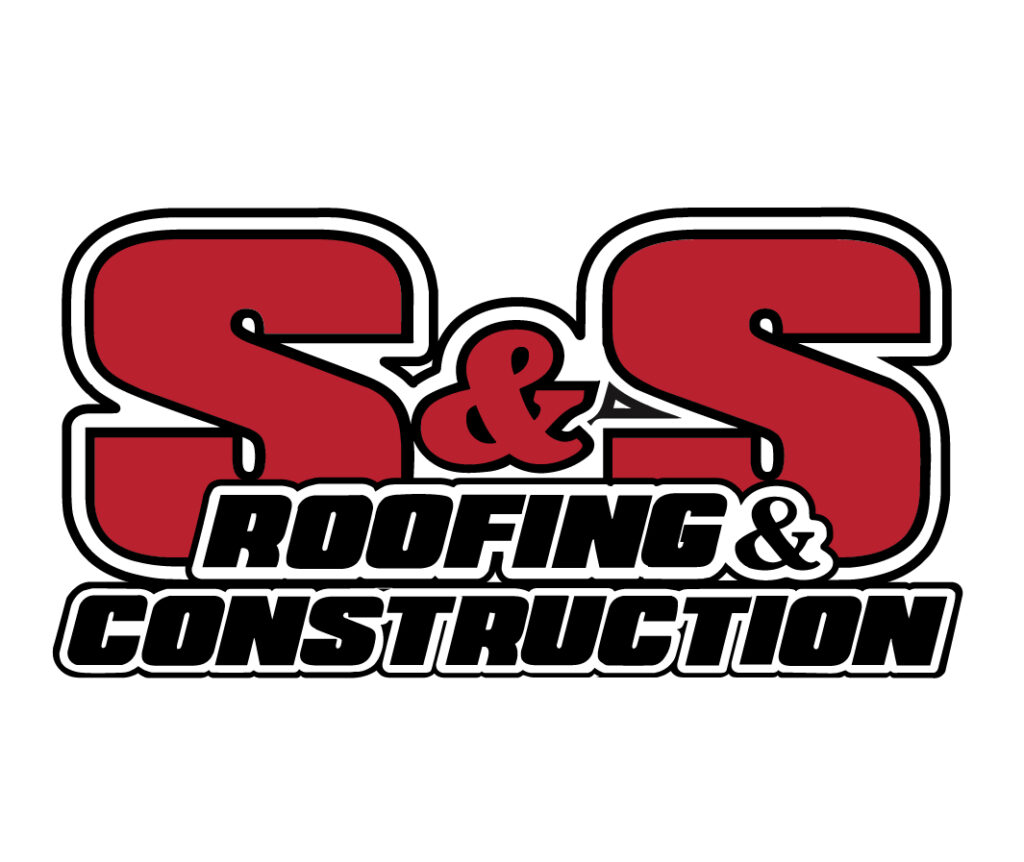Roof Coating

Extend the Life of Your Roof
At S&S Roofing & Construction, we offer high-quality roof coatings that help extend the life of existing roofing systems for both commercial and industrial properties. A full roof replacement isn’t always necessary—roof coatings can significantly prolong the lifespan of your roof while improving energy efficiency and reducing maintenance costs. Whether your property has sustained hail or wind damage or needs added protection, roof coatings provide a cost-effective and reliable solution.
Long-Term Roof Protection
Roof coatings create a seamless, weather-resistant barrier that protects against leaks, UV exposure, and temperature fluctuations. When applied correctly, these coatings can delay the need for costly tear-offs and overlays.
One of the benefits of it is its versatility. It can be applied to various roofing materials, such as metal, PVC, EPDM, and modified bitumen. Certain coatings, like silicone and acrylic, are particularly effective in hot climates, as its reflective properties reduce heat absorption and lower energy bills. For areas prone to severe weather, it offer extra protection by preventing leaks and early deterioration.
Why Choose S&S Roofing & Construction for Your Coating Needs?
At S&S Roofing & Construction, we work with leading manufacturers like GAF, Firestone, Johns Manville, and Mule-Hide to provide top-tier roof coatings. As a certified roofing contractor, we offer warranties of up to 20 years, ensuring long-term protection for our clients.
Choosing the right contractor for roof coatings is critical. While these coatings provide excellent protection, they must be applied properly to ensure maximum performance. Our team is licensed, bonded, and insured, with years of experience handling both commercial and industrial roofing projects. We also assist with insurance claims, damage assessments, and emergency repairs to make the process as efficient as possible.
Coatings for Metal Roofing and Other Materials
For properties with metal roofing, roof coatings are a great way to prevent corrosion and minimize thermal expansion, which can lead to structural damage over time. When properly applied, it help metal roofs maintain their integrity by sealing small cracks and preventing water intrusion. This is especially beneficial for properties that have experienced wind or hail damage, as it reinforces the roof without the need for a full replacement.
Comprehensive Roofing Services
In addition to roof coatings, we offer a wide range of roofing services, including emergency tarping, shrink wrap protection, storm damage restoration, permanent roof replacement, and interior restoration. With locations across the country, S&S Roofing & Construction is prepared to handle roofing projects of any scale, providing long-term solutions for all commercial roofing needs.

